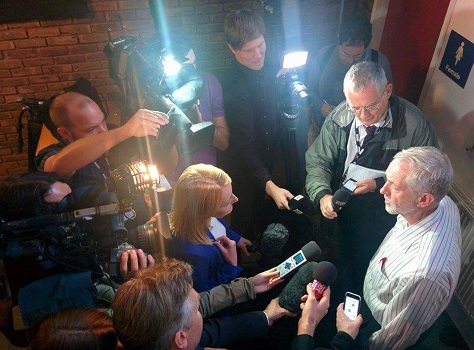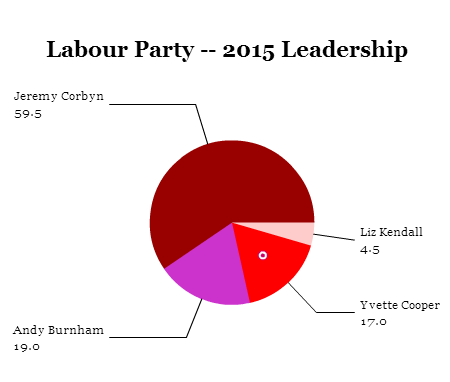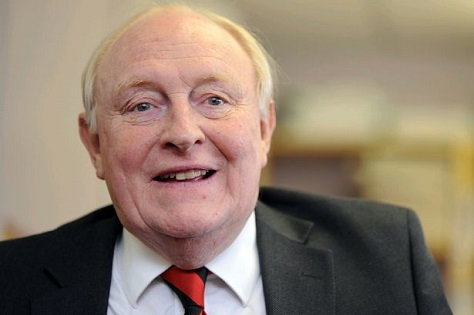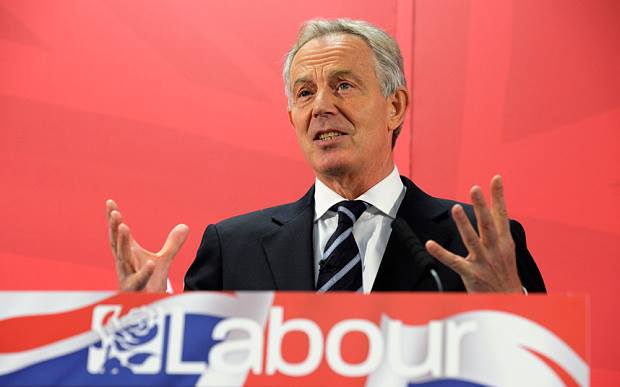
In the first viral meme of the 2017 general election campaign, Labour leader Jeremy Corbyn was photographed on a train loo.![]()
The headlines write themselves.
‘Watch as Corbyn flushes Labour down the tube!’
The tragedy of the 2017 election is that an election that should be all about Brexit will instead become a referendum on Corbynism. By all rights, the campaign of the next five weeks should focus upon how the United Kingdom will leave the European Union (and the fallout effects for Scotland and Northern Ireland) — not on Corbyn’s socialist platform and the ongoing divisions within Labour or the rudderless leadership that Labour, generally, and Corbyn, in particular, have shown in the aftermath of last June’s Brexit referendum.
No doubt, those divisions and Labour’s weakening support are among the reasons it was so tempting for Conservative prime minister Theresa May to call an early election.
Labour is already precariously close to its 1983 position, when it won just 27.6% of the vote and 209 seats in the House of Commons. Under Ed Miliband in the May 2015 general election, Labour sunk to 30.4% of the vote and 232 seats. Labour now holds just 229 seats in the House of Commons.
If you think that Labour cannot sink below its 1983 levels, though, you’re mistaken. Continue reading Why Labour’s 2017 defeat could be much worse than Foot’s 1983 disaster







